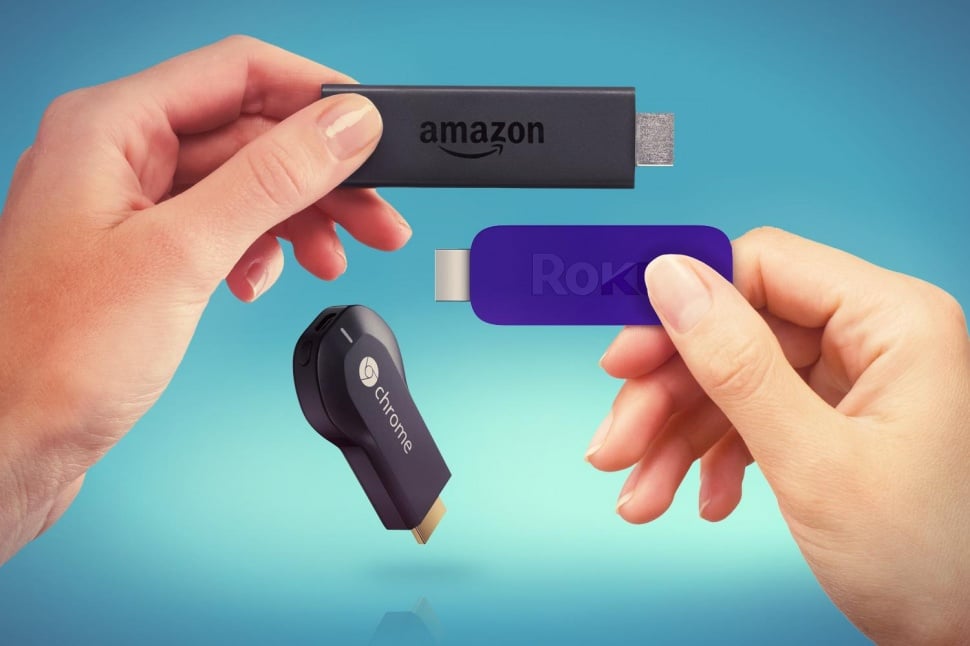A recent study revealed that female and ethnic-minority entrepreneurs have more of a struggle garnering support from investors when compared to their white, male counterparts.
The study from Pepperdine University’s Graziado School of Business and Management has exposed yet another way females and minorities are placed at a severe disadvantage in the tech industry.
“We find consistent evidence that minority (non-Caucasian), women and foreign business owners’ establishments are significantly less likely to receive PE (private equity) or VC (venture capital) financing,” the study said, according to a blog post by the Wall Street Journal.
The study analyzed fundraising data from the years 1995 to 2009 and found that female-owned business are 2.6 percent less likely to raise private equity funding than white males.
Female-owned businesses were also found to be 18.7 percent less likely to successfully raise a venture round than companies run by white males.
The numbers were even more troubling for minority-owned business.
Minority-owned businesses were 21.7 percent less likely to raise private equity funding and 22.2 percent less likely to successfully raise a venture round than their white male counterparts.
While the study focused on fundraising on all types of businesses, these statistics are particularly troublesome for minorities and females in the tech industry.
The tech industry heavily relies on private equity to launch innovative start-ups and sustain the growth of smaller companies.
With this industry already struggling with a severe lack of diversity, the inability of minorities and females to garner the same financial backing as white males means the industry’s 2 percent problem could persist.
Earlier this year, tech giants like Facebook and Google released their diversity reports, which revealed that only about 2 percent of their employees were Black.
Out of that 2 percent, very few of the employees had leadership positions with the company.
The authors of the report believe the lack of financial backing is not necessarily a result of overt racism but can still be connected to racial bias.
According to the Wall Street Journal, the venture capital industry is still dominated by white men.
A survey conducted by the National Venture Capital Association (NVCA) and Dow Jones VentureSource back in 2011 found that only 11 percent of investors were women while nearly 90 percent were men.
Researchers suggest that these white men are more comfortable investing in what is familiar to them – other businesses run by white men.
The NVCA claims it is taking steps towards changing this demographic and boosting diversity in investment firms.
Meanwhile, other leaders in the Black community are taking matters into their own hands.
Former NAACP president Ben Jealous stepped down as the head of the nation’s largest civil rights organization and is now working on the West Coast as a venture capitalist.
Back in March, Jealous explained that becoming a venture capitalist would allow him to continue making more opportunities for Blacks and Latinos.
“My life’s mission has been leveling the playing field and closing gaps in opportunity and success,” he told the Associated Press. “I’m excited about trying a different approach.”









